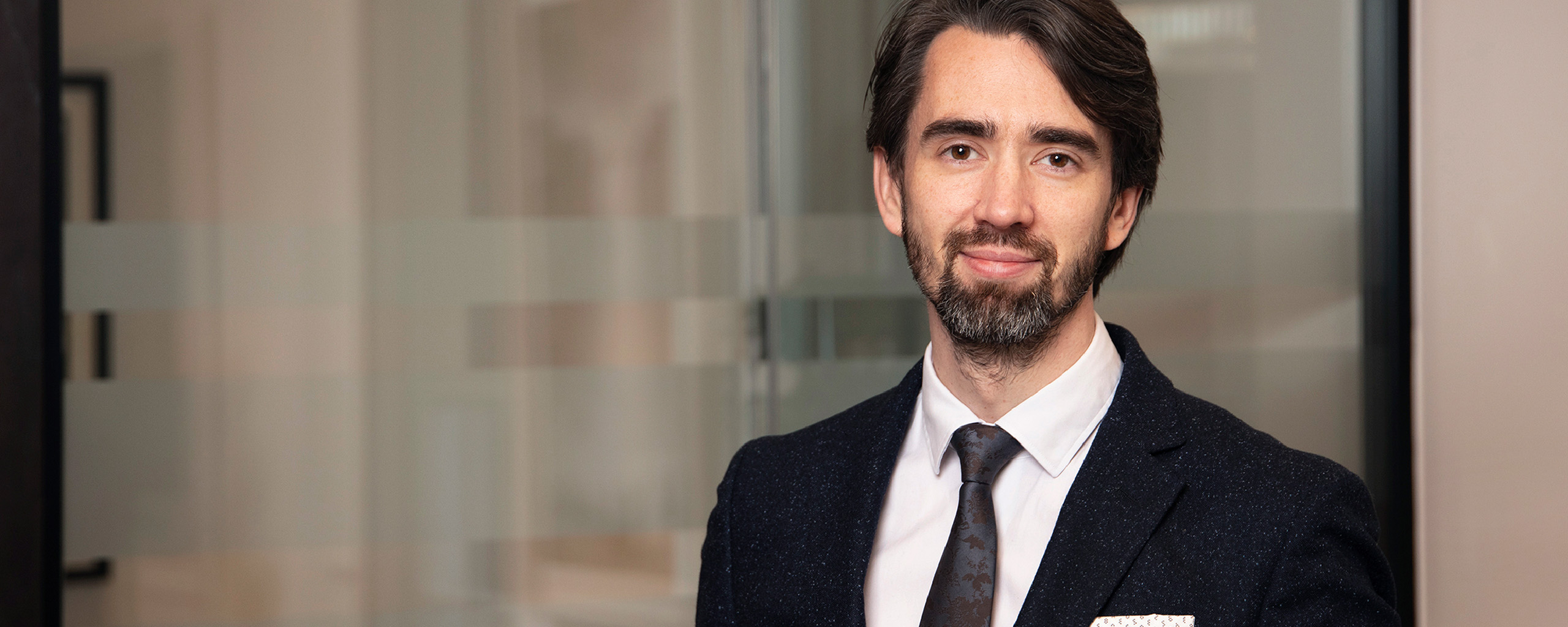
Playing the odds!
Congratulations are due to Joachim Klement, the investment strategist who successfully forecast that Argentina would win the World Cup. Indeed, he has now predicted the correct winner for the past three World Cups in a row.
Of course, he would be the first to point out that, although his model is indeed innovative, there was a great deal of luck involved. And, truth be told, there are enough people out there hazarding guesses for it to be almost inevitable that somebody gets it right several times on the trot. It’s hard to tell skill from good fortune.
Today’s winners, tomorrow’s losers
That’s certainly the picture that emerges from the latest Standard & Poor’s Index vs. Active report – known as SPIVA – when it comes to investment strategists doing their day job.
Having just celebrated its 20th birthday, SPIVA’s data paints a picture of troubling inconsistency. Fewer than 1% of US fund managers have managed to stay better-than-average for five years in a row. By unflattering comparison, if you keep tossing a coin, you’ll get five heads in a row about 3% of the time.
It seems that consistently beating the benchmark has much to do with chance. But is that true of investing in general?
Dullness as a virtue
Short-term ‘fantasy portfolio’ competitions are invariably won by high-risk punts in shares of obscure companies operating at the knife-edge of viability. No other approach makes sense, if the money is pretend.
But the long-term preservation of your life savings should be the opposite of this. There are no crystal balls, or second chances (just ask investors in FTX, the recently collapsed cryptocurrency ‘exchange’).
Here, boring is the order of the day. Unexciting portfolios, unimaginatively spread across a predictably diversified range of companies and regions, are the sensible choice.
Let it grow!
And, as financial advisers are forever wont to tell you – especially in times of turmoil such as the year just gone – your chances of a decent, if unspectacular, return increase the longer you leave such a portfolio alone.
Or at least, that has been true in the past century or so. Can we really say it will be true in the years to come? Recall the regulator’s refrain: ‘past performance is not a guide to the future’. Bizarrely, the answer has a lot to do with the limitations of AI chatbots.
The lights are on but nobody’s home
If you have not already read about the extraordinary capabilities of ChatGPT, then you very likely soon will.
Released to the world at the end of November, its unparalleled ability to ‘converse’ had the internet abuzz with both fear and awe – proclaimed a Google-killer for its ability to answer questions both specifically and practically, it can even explain quantum field theory in iambic pentameter (if you ask it to).
Was it, many wondered, almost conscious?
Not a jot. As its creators are keen to stress, ChatGPT is ‘merely’ a language model. It works by using probabilities to effectively guess at what a good answer would resemble. Trained on an unthinkably vast digital library, it mimics linguistic patterns and offers up a statistical impersonation of a helpful response.
Just as oblivious lab rats may learn, through repeated reward, to press the buttons we want them to press, ChatGPT has managed to pass the Turing test without knowing or caring why or how.
Humans are different
Though an astonishing technical achievement, and one that will no doubt cause great anxiety for those whose livelihoods depend on churning out prose-as-a-service, ChatGPT’s hive-mind replies are but a simulacrum of true understanding.
Humans are the real deal. We don’t just observe that the bright light in the sky comes up each day – we intuit the system. Our incremental understanding of the world around us has reached the point where we’ve recently ignited a prototype sun, right here on Earth, giving off for the first time more energy than we put in. Commercially viable nuclear fusion may be just around the corner.
Knowing the odds of something happening is the impoverished cousin of understanding its nature. The rationale for investing should not be ‘stock markets have done very well in the past, and your odds of success improve the longer you hold – because we need to know if equities are more like technological progress, or more like the Titanic, which sailed perfectly well until it didn’t.
The question answers itself – productivity growth is the link between human advancement and stock market performance. Owners of company shares have been the financial beneficiaries of our innate drive to do things more quickly, cheaply, easily and safely than our predecessors ever could.
Snags
So what to make of the shocks of 2022 – the war in Ukraine, the energy crisis and, closer to home, political upheaval, strikes and a sense of decline?
It’s important to note that the unbounded progress described above is only possible, not inevitable, and certainly not without the occasional setback. Much of the world remains as yet unexplained, therefore unpredictable, and uncontrollable.
Furthermore, human beings are not billiard balls, smoothly running their course. Though we are getting better and better at minimising the damage our baser natures may occasion – through rule of law and popular assent – every one of us is still a potential fly in the ointment, to one degree or another, intentionally or not.
Catastrophes – both acts of God, and of those who fancy themselves – will keep occurring. And after all, escalations of both prices and violence are not unfamiliar demons, yet we’ve outlasted them before and will do so again – not because it’s ‘more likely than not’ but because there are good explanations as to why we prevailed in the past.
Let’s also not overlook the fact that much good news goes unreported. Were you aware, for instance, that Swedes have broken recycling records for the tenth year in a row? That DeepMind, the British AI lab acquired by Google, has now mapped almost all proteins known to exist? That a vaccine for malaria is on the cusp of potentially saving 400,000 lives, mostly of children, a year?
Outlook: a miraculous recovery for bonds?
It’s traditional to make investment forecasts when the calendar runs out. But rather than speculating about what’s likely to happen, we are better off accepting that much is profoundly unknowable. Who knows – perhaps this time next year, ChatGPT will write such an article for me!
However, we can make cogent statements about what investment performance will be like if various plausible scenarios unfold.
Many see recession on the horizon – if we’re not indeed already arriving at the station. It’s true that share prices are not immune to economic slowdown. But recessions don’t last forever, and more money has been lost attempting to outmanoeuvre them than riding them out.
As for bonds, after their annus horribilis, quite a few gurus are now eyeing higher yields with interest. Should inflation’s peak be confirmed as receding in the rear-view mirror, central banks would ease their feet off the pedals and bonds would swiftly recoup lost ground.
But there is always the element of risk in what lurks completely off the radar. For this reason, the portfolios that we manage are not rooted in hubristic models that elevate probability above understanding.
Instead, we stick to a straightforward, agnostic approach that allocates more to fixed income assets when they yield more, and less when they yield less – with as much of each portfolio apportioned to the growth engine of equities as their respective risk limits allow.
Whatever the new year holds, we hope it is a splendid one for you and your loved ones, and wish you a joyous Christmas.
Important information
Past performance is not a guide to future returns. Please note that the value of investments can go down as well as up, and you may get back less than you originally invested.
